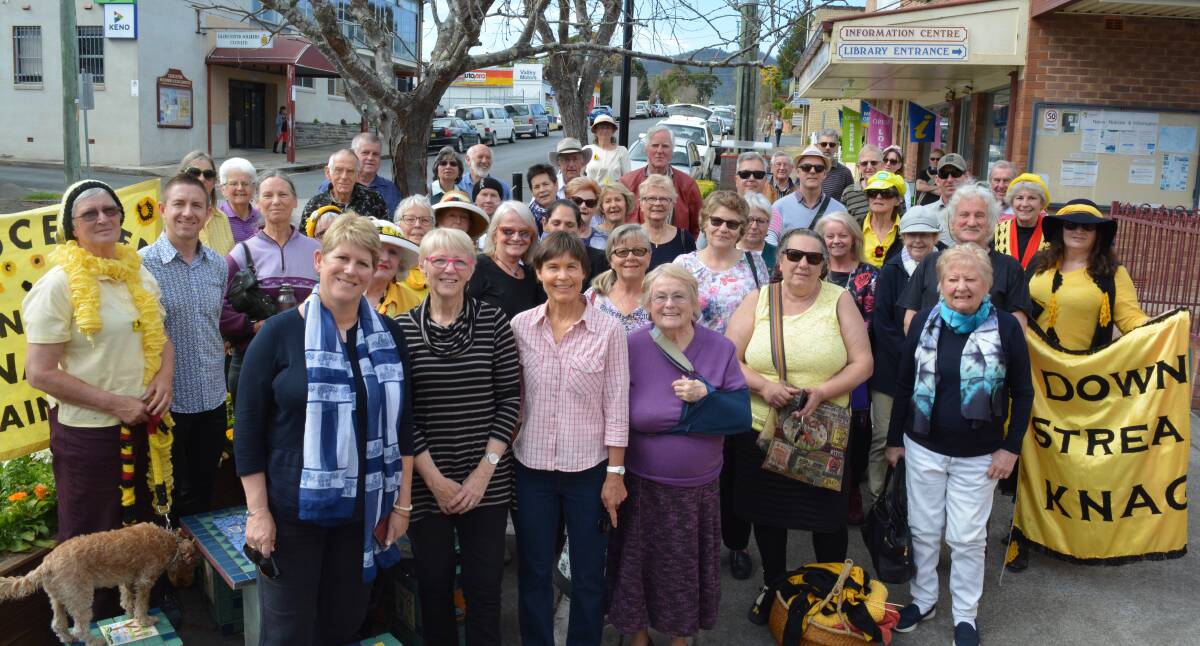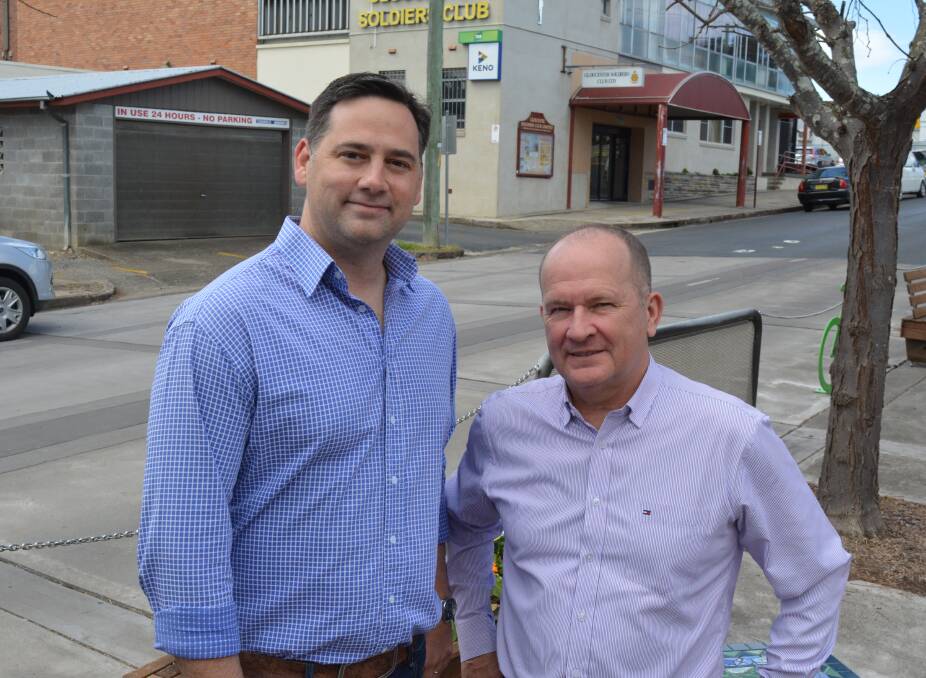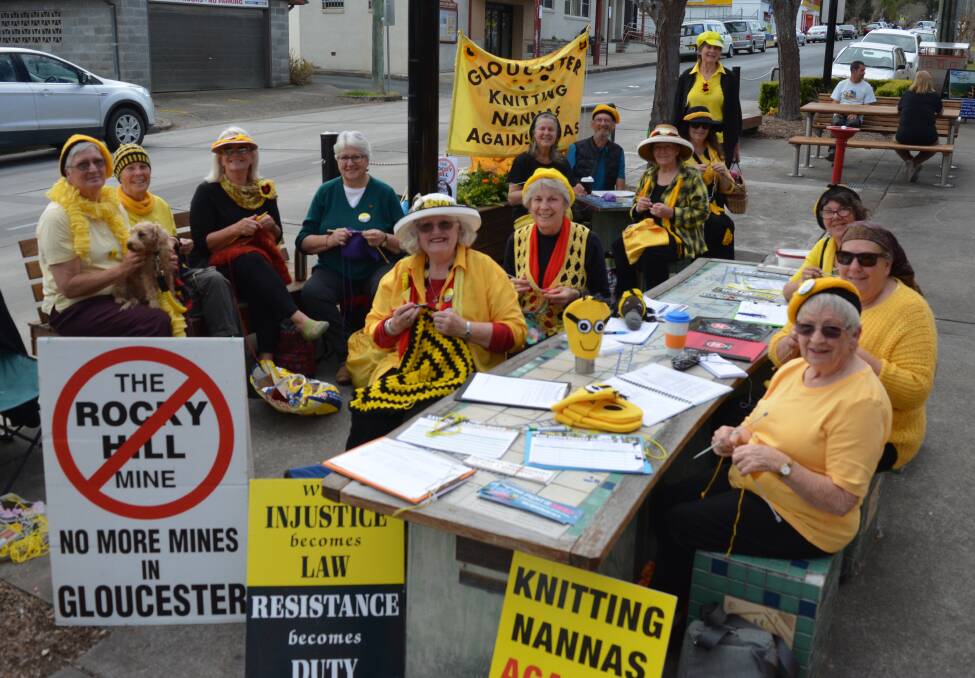
Members of the community both for and against the proposed Rocky Hill coal mine project attended a public hearing about the matter in Gloucester.
Subscribe now for unlimited access.
$0/
(min cost $0)
or signup to continue reading
The NSW Land and Environment Court travelled to Gloucester as part of Gloucester Resources Limiteds (GRL) appeal against Department of Planning and Environments (DPE) refusal of the development application for the Gloucester mine.
While in Gloucester, on Wednesday August 15 and Thursday August 16, members of the court visited several sites around Gloucester, including the proposed mine site and nearby residential estates. During the visits, the judge was able to hear from concerned residents who would be living closest to the mine location, as well as, GRL outlining the mine project.
Just after noon on Thursday, the Gloucester Soldiers Club Auditorium was turned into a courtroom. There were four tables set up for the legal teams; one for GRL on behalf of the Rocky Hill project and one for Yancoal Australia, for the Stratford Coal extension, as well as, two for the respondents, the DPE and Groundswell Gloucester.
Originally, the court was due to listen to 60 objectors over two part days, however the judge, Chief Justice Preston decided to shorted the time in court and requested the number be cut back, stating that he would read all the submissions and therefore didnt need to hear them all. The respondents shorten the list to 11 speakers representing a cross-section of the issues of concern if the mine is approved.

These issues included: a farmer speaking about climate change impacts on agriculture, a resident speaking about the threat of noise and dust from a mine, a tourism operator expressing the risk to tourism and business owner indicating he would take his business out of Gloucester if the mine was approve, removing employment from the town.
Although there were no speakers for the project, GRLs chief operation officer, Brian Clifford said there have been 16 affidavits submitted in support of the project; outlining the need for the project in Gloucester to assist with employment, increasing the wage and the local spend. The project is required to meet a minimum of 75 per cent local employment by the fourth year of the project, which Mr Clifford said the application met, along with all the requirements outlined by the DPE.
The court process is undertaking a merit review of the development application, along with the submissions and evidence presented, where it will make its own determination on the application, independent of the DPEs decision.
The hearing is scheduled to continue in Sydney from August 20 until August 31 at Land and Environment Court on Macquarie Street, where the court will hear climate change evidence from emeritus professor, Will Steffen and energy analyst, Tim Buckley.



